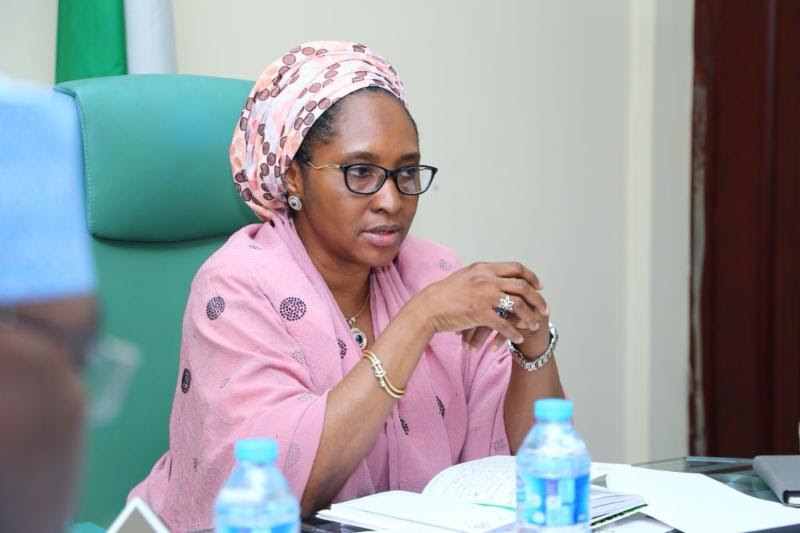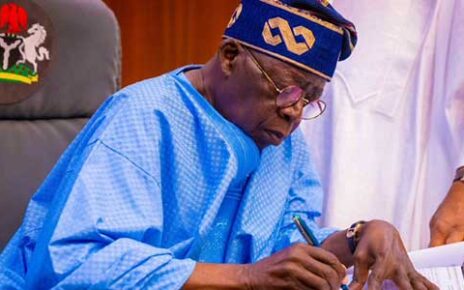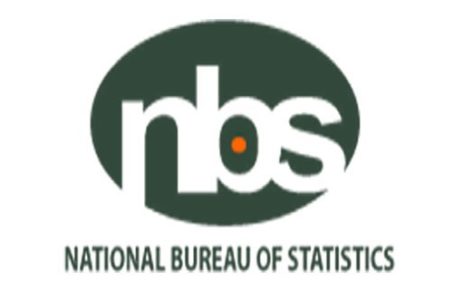Barely 48 hours after she misinformed the global community that the Federal Government had proposed to increase Nigeria’s Value-Added Tax (VAT) rate from 5% to 7.2%, the Minister of Finance, Budget and National Planning, Hajia Zainab Ahmed, at the weekend adjusted the rate to 7.5%.
Rather than apologizing for the misleading information she gave after the Federal Executive Council (FEC) meeting last Wednesday, the minister, through a statement by her SA Media and Communication, Yunusa Abdullahi, just described the proposed 7.2% VAT rate she gave as “has been widely reported.”
According to a statement the decision by the government to jack up the current VAT rate derived from the recommendation of the Presidential Technical Advisory Committee, headed by Mr. Bismack Rewane, set up to advise government on the implementation of the new minimum wage and to review the nation’s VAT rate.
In its report submitted to the government, the Committee recommended the hike in the VAT rate from 5% to 7.5%, amongst other key recommendations.
Making further clarifications on the proposed VAT rate hike, Ahmed stated: ”The benefit of an increase in VAT is therefore more beneficial to state governments and Local Government Areas(LGAs) in the country, many of which are already facing difficult conditions. The proposed increase in VAT is therefore expected to create additional fiscal space.
“The proposed increase is however subject to legislative intervention by the National Assembly who will have to amend the revenue Act to reflect the proposed increase.
“The existing VAT Act exempts the basic necessities such as food, medicines and education which therefore minimises the impact on the poor and vulnerable segments of the Nigerian society from the burden thereof. It is expected that the exemptions will be maintained in the amended Act.
“It is gladdening that the VAT increase, if correctly implemented, could bring in huge revenues, which would actually reduce the fiscal deficit burden.
“The government’s borrowing programme could then ease and certainly the financially affected states and local governments could later focus on issues like poverty reduction, healthcare and power generation and transmission.
“According to the industry experts, the VAT increase, if enforced properly, forms part of the fiscal consolidation strategy for the country. It could, in fact, help address the fiscal deficit problem and the revenues estimated to be collected could actually mean lowering of the fiscal deficit burden for the government across board”, the minister added.
It is believed that even if the National Assembly approves the proposed rate and it is subsequently enacted into law, Nigeria’s VAT rate will still be the lowest globally or about half the average rate in Sub-Saharan Africa (SSA).




